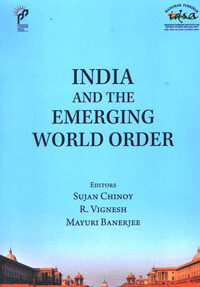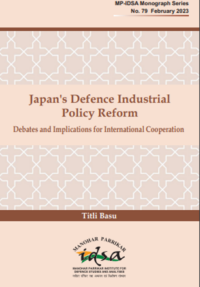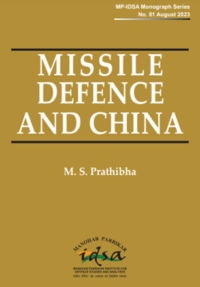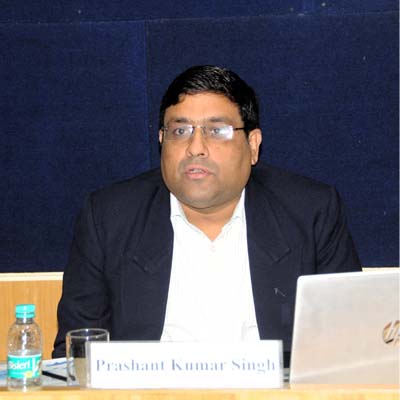Association of Southeast Asian Nations (ASEAN): Cooperation Problems on Human Rights
Though the original focus of the Association of Southeast Asian Nations (ASEAN) was primarily economic cooperation, the adoption of the ASEAN charter in November 2007 officially included cooperation on human rights. This article examines three hypotheses to determine the causes of cooperation problems: regime type, non-interference policy, and absence of an enforcement mechanism in the ASEAN charter.
- Nehginpao Kipgen
- January 2012













